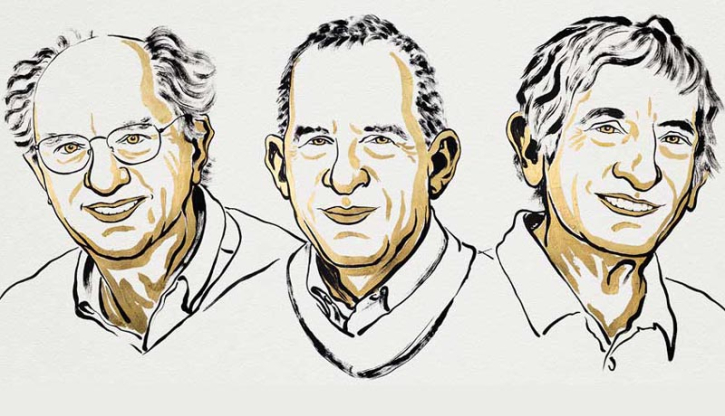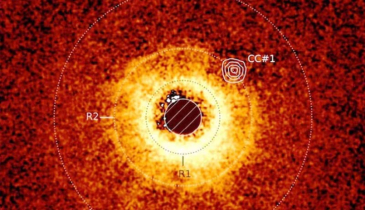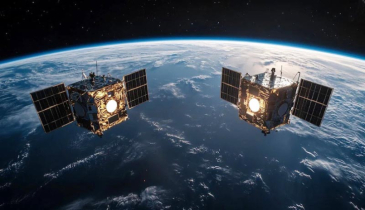Three scientists win Nobel Prize in physics for work on quantum mechanics

The 2025 Nobel Prize in Physics has been awarded to three scientists — John Clarke, Michel H. Devoret, and John M. Martinis — for their pioneering discoveries that bridge the gap between the quantum and classical worlds.
The Royal Swedish Academy of Sciences announced on Tuesday that the trio was recognized “for the discovery of macroscopic quantum mechanical tunnelling and energy quantisation in an electric circuit.” Their work has fundamentally reshaped modern physics and opened the door to a new era of quantum technologies.
The discoveries made by Clarke, Devoret, and Martinis in the late 20th and early 21st centuries provided the first experimental evidence that quantum phenomena — long thought to exist only at the atomic or subatomic scale — can also occur in engineered, human-made systems. By demonstrating macroscopic quantum tunnelling and quantised energy levels within superconducting circuits, they laid the scientific groundwork for quantum computing and ultra-sensitive quantum sensors.
John Clarke, a professor emeritus at the University of California, Berkeley, is renowned for his contributions to superconducting quantum interference devices (SQUIDs), which are used in precision magnetic field measurements and brain imaging. Michel H. Devoret, a professor at Yale University, has been instrumental in developing superconducting qubits and quantum amplifiers, essential components of today’s quantum computers. John M. Martinis, formerly of the University of California, Santa Barbara, led one of the first teams to demonstrate quantum supremacy — when a quantum computer performs a task beyond the reach of classical machines.
In its statement, the Nobel Committee said the laureates’ research “transformed the theoretical foundations of quantum mechanics into practical applications, enabling the rise of quantum information science.” Their findings continue to influence cutting-edge research in materials science, computing, and cryptography.
The prize, which includes a gold medal and a cash award of 11 million Swedish kronor (approximately $1 million), will be presented in Stockholm on December 10, the anniversary of Alfred Nobel’s death.
.png)









